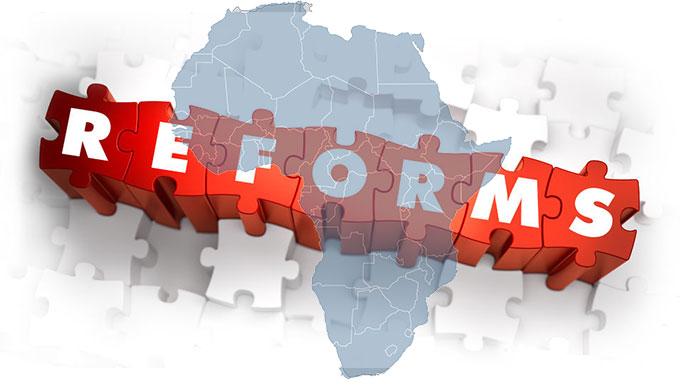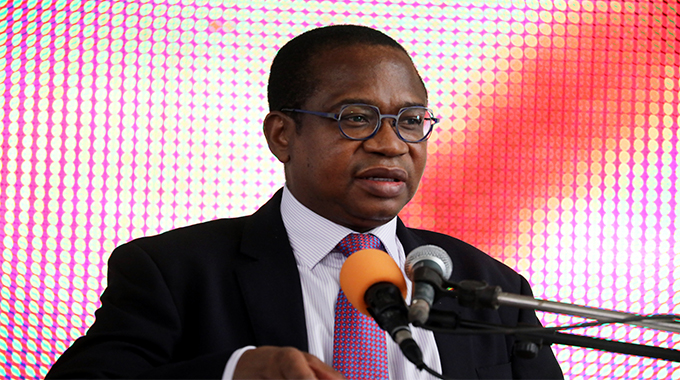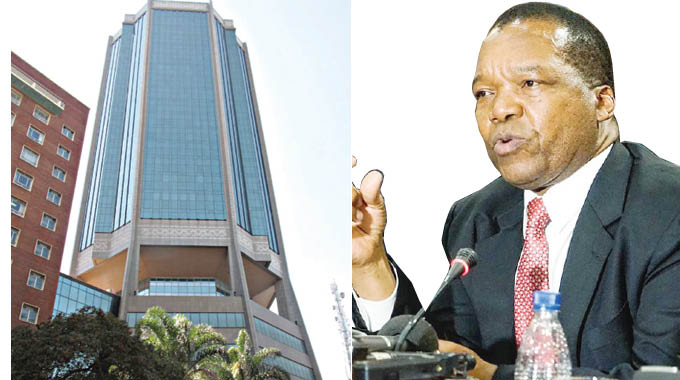Sub-Saharan Africa introduces more reforms

SOME Sub-Saharan Africa’s major economies, including South Africa, continue to introduce key reforms meant to make it easier for businesses to operate, according to the 2019 World Bank Group’s Doing Business study.
According to the World Bank study, the regional average ease of doing business score was 51,8 on a scale of 0 to 100, below the Organisation for Economic Co-operation and Development (OECD) high-income average of 78,4 and the global average of 63.
There were several bright spots in the region:
Togo is on the list of top “improvers” for the second year in a row thanks to reforms lowering fees for construction permits and streamlining property registration procedures, among other measures.
Nigeria conducted reforms affecting six indicators, including making the enforcement of contracts easier, which placed the 200-million-person economy among the world’s top “improvers”.
Kenya also carried out six reforms, including improving the reliability of its electricity supply and introducing an online system for social security contributions, positioning it third highest in the regional rankings, behind Mauritius and Rwanda.
With four reforms implemented this year, Mauritius remains the easiest place to do business in the region, ranking 13th globally. Among other reforms, the country made resolving insolvency easier and improved contract enforcement.
Compared to other parts of the world, Sub-Saharan Africa still underperforms in several areas. In getting electricity, for example, businesses must pay more than 3 100 percent of income per capita to connect to the grid, compared to just over 400 percent in the Middle East and North Africa or 272 percent in Europe and Central Asia.
When it comes to trading across borders and paying taxes, businesses spend about 96 hours to comply with documentary requirements to import, vs 3,4 hours in OECD high-income economies, and small and medium-size businesses in their second year of operation need to pay taxes more than 36 times a year, compared to an average of 23 times globally.
New Zealand was the top-ranked country in the survey, followed by Singapore, Hong Kong and China. The US and the UK were ranked sixth and eighth, respectively. — Business Day












Comments